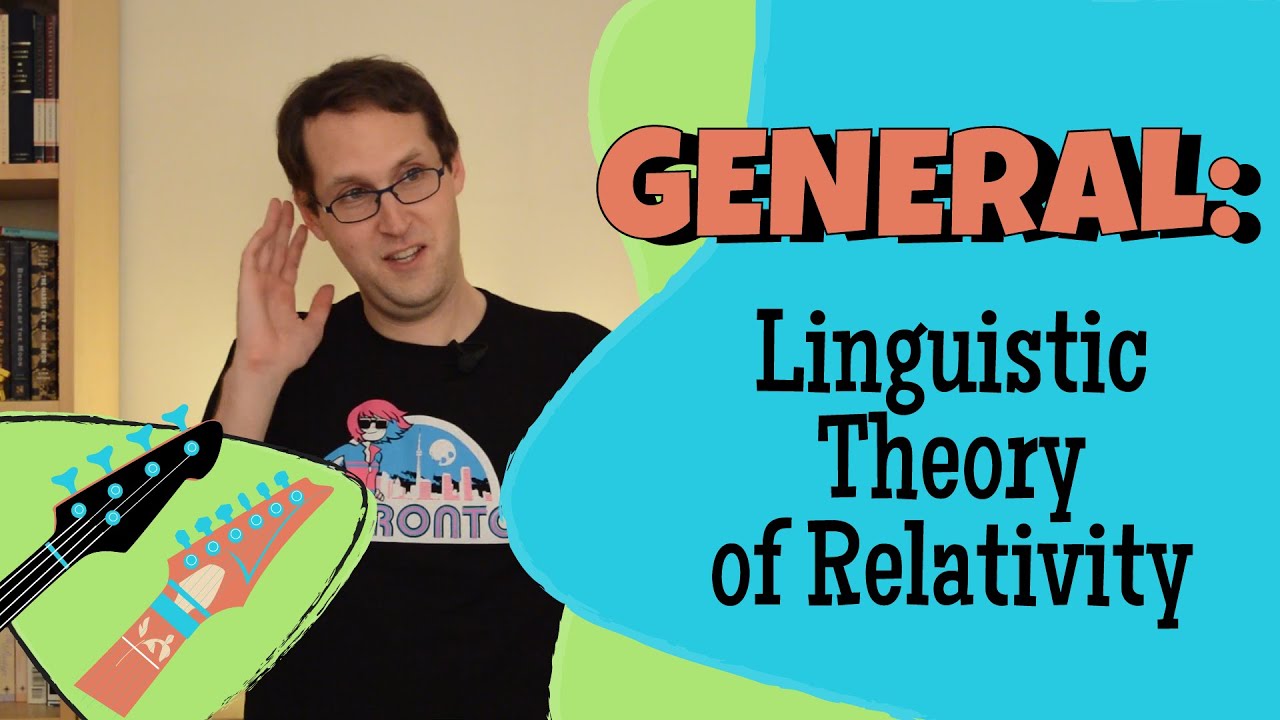The Ling Space
Does our language determine how we can think, or can we think about things our language can’t frame? In this week’s episode, we talk about linguistic determinism: who came up with the hypothesis, what its implications are, and whether a stronger or weaker version best matches the facts.
This is Topic #22!
This week’s tag language: Navajo!
Some further info about policies influenced by ideas linking language and thought:
http://www.culturalsurvival.org/news/native-american-languages-act-twenty-years-later-has-it-made-difference
http://www.anb.org/articles/14/14-00696.html (A biography of early linguist William Dwight Whitney, a strong proponent of such policies)
Or if you like Wikipedia, you can try http://en.wikipedia.org/wiki/Linguistic_relativity
Find us on all the social media worlds:
Tumblr: thelingspace.tumblr.com
Twitter: @TheLingSpace
Facebook: www.facebook.com/thelingspace/
And at our website, www.thelingspace.com!
Our website also has extra content about this week’s topic at www.thelingspace.com/episode-22/
We also have forums to discuss this episode, and linguistics more generally.
Looking forward to next week! .
